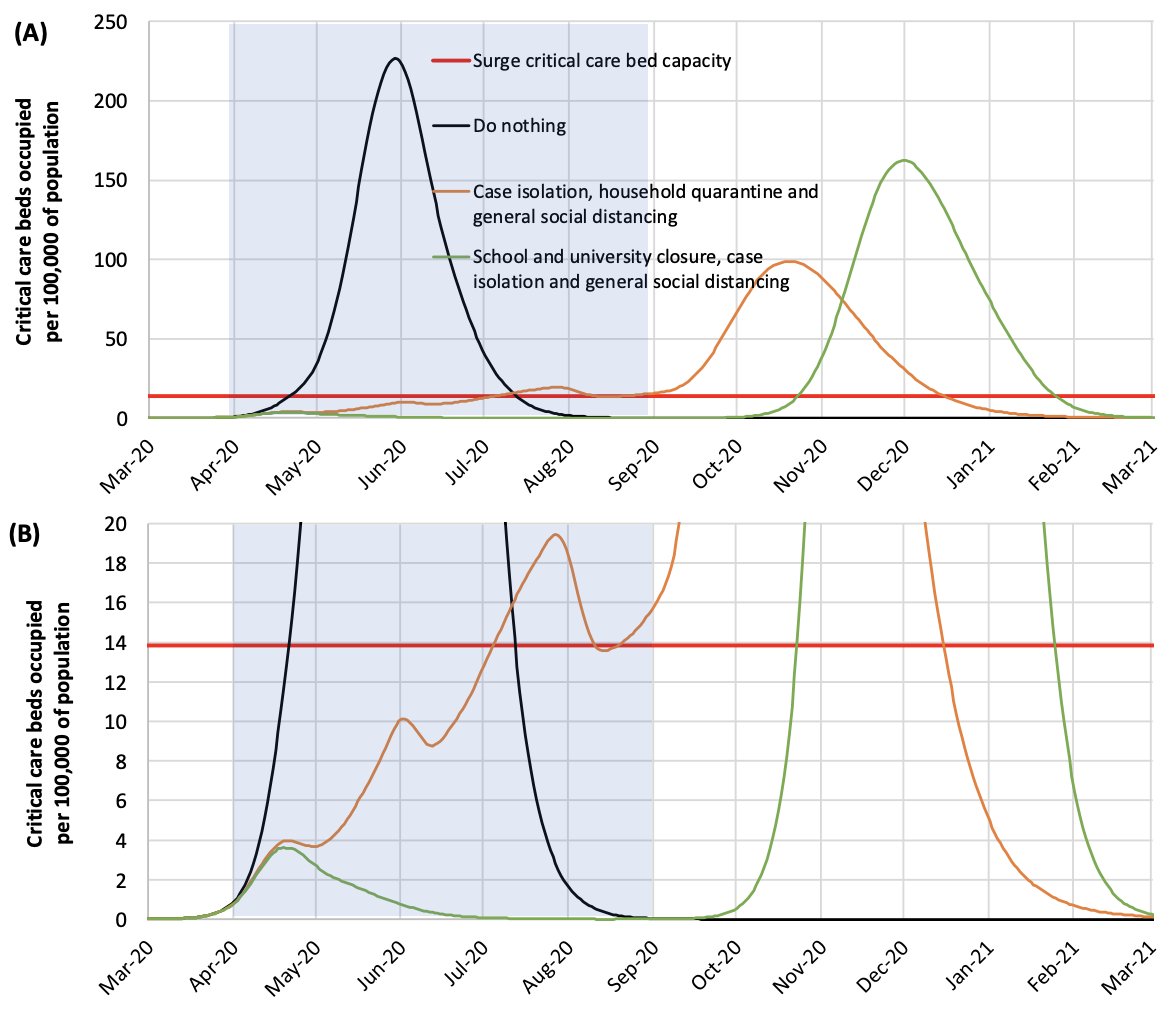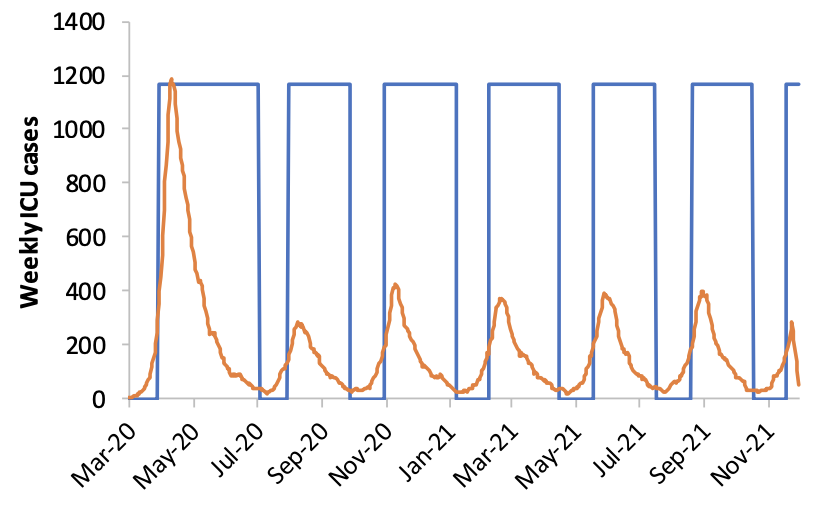
When a small minority of loud economists attacks researchers from other disciplines, it makes us all look bad.
And allows the media to pit economists against epidemiologists in this unhelpful way economist.com/finance-and-ec…
A short thread:
And allows the media to pit economists against epidemiologists in this unhelpful way economist.com/finance-and-ec…
A short thread:
This @TheEconomist article does not reflect the views of most economists I know.
Most economists I know did not "get off on the wrong foot" with epidemiologists. Instead they highly value their work and just try to learn from it as much as possible.
1/
Most economists I know did not "get off on the wrong foot" with epidemiologists. Instead they highly value their work and just try to learn from it as much as possible.
1/
They do not "intensely criticize" epidemiologists' models or their use. Instead they have hugely benefited from them and been very much aware of how difficult it is to forecast an epidemic in the face of limited and fast-changing data availability and quality.
2/
2/
They also try to interact, collaborate with, and get feedback from epidemiologists and public health researchers
Here are just a few examples:
@toxvaerd1 @giannitsarou & @StephenKissler drive.google.com/file/d/1vQZqq9…
@DBaqaee Farhi @michaelmina_lab & Stock brookings.edu/bpea-articles/…
3/
Here are just a few examples:
@toxvaerd1 @giannitsarou & @StephenKissler drive.google.com/file/d/1vQZqq9…
@DBaqaee Farhi @michaelmina_lab & Stock brookings.edu/bpea-articles/…
3/
This joint paper by @Helmholtz_HZI & @ifo researchers, e.g. @APeichl @FuestClemens medrxiv.org/content/10.110…
@mlipsitch presented at the NBER summer institute in July and gave a very instructive presentation, partly precisely on empirical epi methods conference.nber.org/confer/2020/EF…
4/
@mlipsitch presented at the NBER summer institute in July and gave a very instructive presentation, partly precisely on empirical epi methods conference.nber.org/confer/2020/EF…
4/
This @royalsociety report rs-delve.github.io/reports/2020/0… which wasn't explicitly coauthored with epidemiologists or public health researchers but for which we got extensive feedback from them (which is the whole point of the DELVE initiative rs-delve.github.io/about.html)
5/
5/
@nataliexdean and @CT_Bergstrom who were extremely generous in providing detailed feedback on these notes benjaminmoll.com/SIR_notes/
And I'm sure there are many more such examples of interactions that are "on the right foot" (though of course arguably still less than optimal)
6/
And I'm sure there are many more such examples of interactions that are "on the right foot" (though of course arguably still less than optimal)
6/
For a much more accurate description of such interactions and economists' attempts to make sense of policy tradeoffs during this epidemic see this @WSJ article by @wsj_douglasj wsj.com/articles/resea…
7/
7/
And finally, I'd definitely recommend reading @EpiEllie's interesting JEP article which is cited in the @TheEconomist article aeaweb.org/articles?id=10… (and which is also much more diplomatic) and also this accompanying interview aeaweb.org/research/epide…
8/8
8/8
• • •
Missing some Tweet in this thread? You can try to
force a refresh




